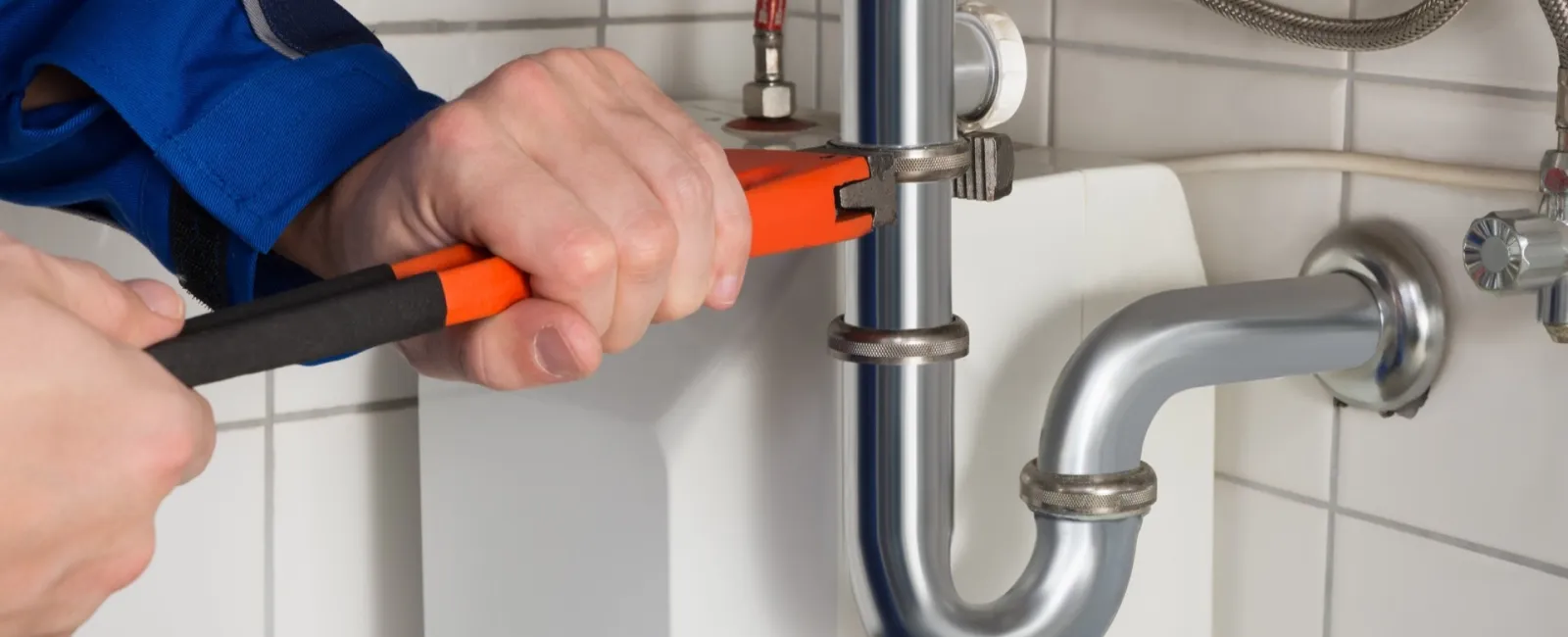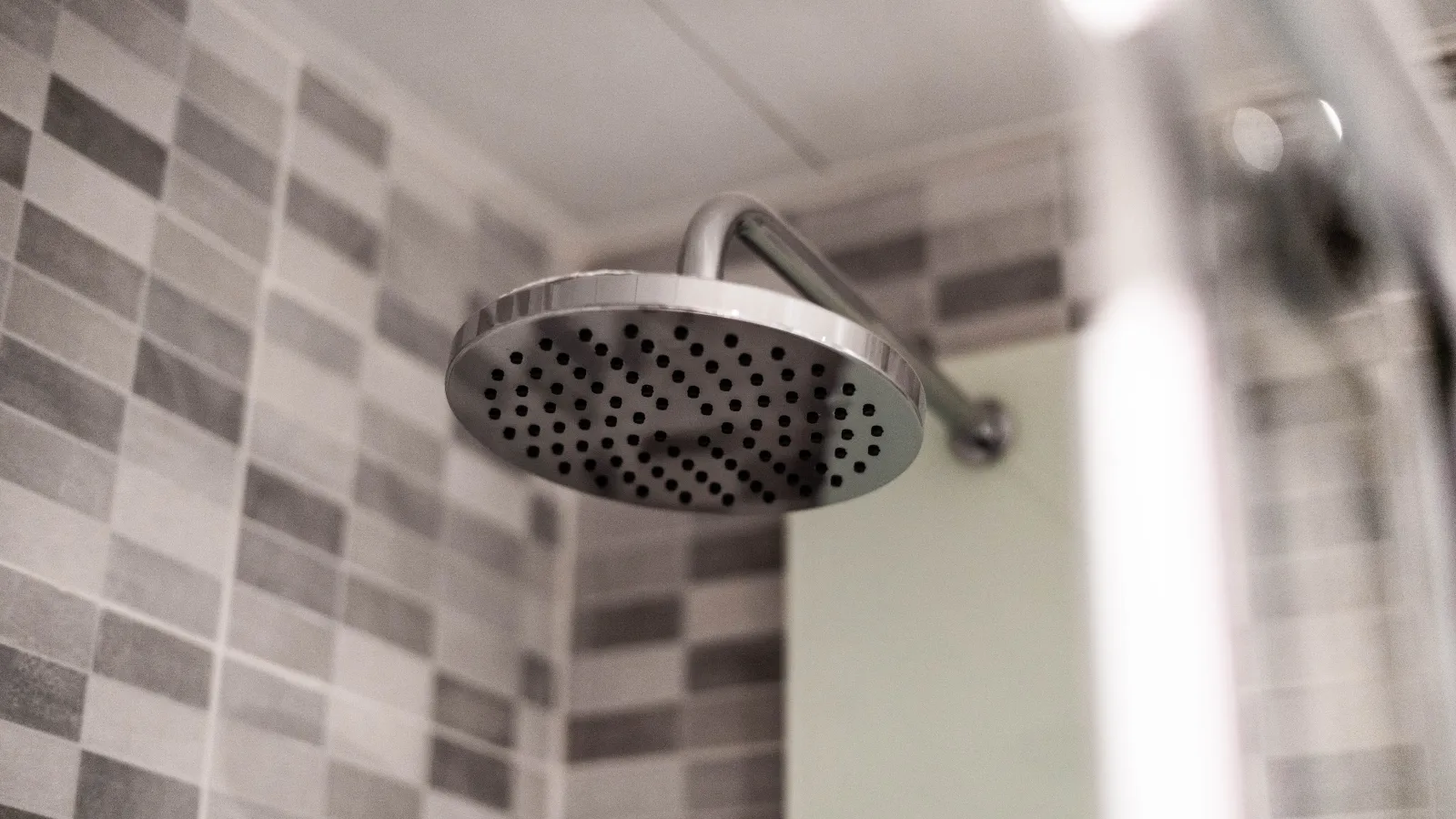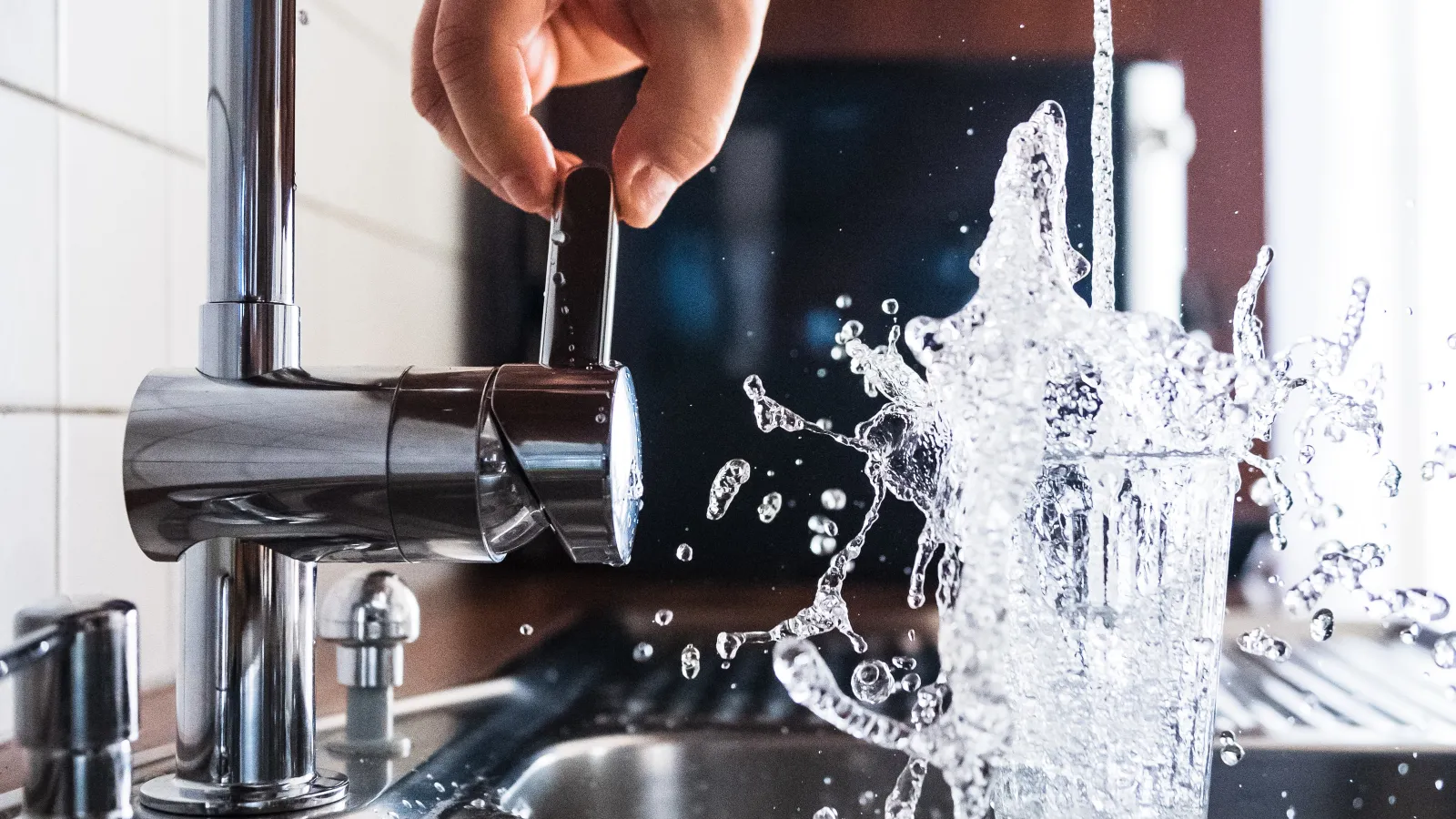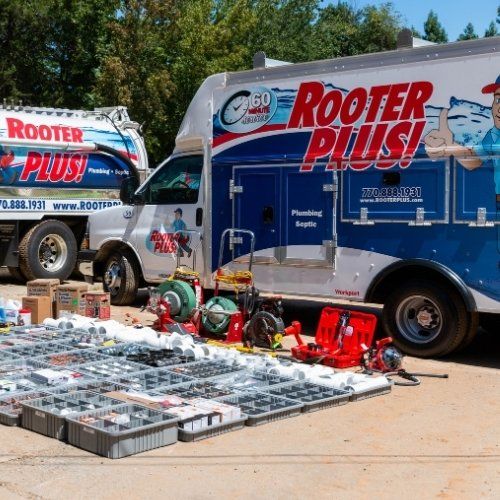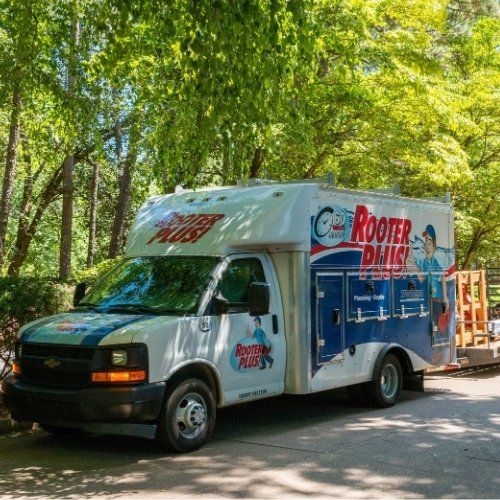September 04, 2013
People today are more conscious of their environmental footprint. With natural resources dwindling at unprecedented rates, it is more important than ever to reduce waste and practice energy conservation. One ideal and cost-effective measure that you can adopt is to install a tankless water heater in your home. Such a system could lower your water-heating energy costs by as much as 50 percent.
Often referred to as point-of-use water heaters, tankless appliances are designed to provide hot water on demand. Conventional water heaters must heat, store and maintain the water’s temperature in a tank for future use. Tankless water heaters, however, heat the water only as it is called for, eliminating the energy required to maintain water temperatures 24 hours a day. This greatly lowers energy consumption and utility bills.
Tankless water heaters use heating elements called heat exchangers that heat the water as it enters the unit. The heat exchangers can be powered by an electric heating coil or burners fired by natural gas or propane. When the water is turned on, flow sensors incorporated in the unit switch on these heating elements, and the water is heated as it passes the element.
Point-of-use water heaters are much smaller than traditional systems and are designed to fit into small spaces, such as under the kitchen sink. Traditional residential water heaters typically consume about 29 cubic feet of space compared to the 3 cubic feet or so required by a tankless system. This makes the compact, tankless systems ideal for small homes or apartments.
The smallest units are not capable of supporting an entire household, so you may need to incorporate several tankless water heaters in strategic locations. Larger, whole-house systems capable of supplying the entire household with hot water are available. Because they typically use gas-fired burners to heat the water, interior applications require installing an exhaust vent through the roof or exterior wall.
Installing a tankless water heater is a good start on the road to reducing your environmental footprint!
